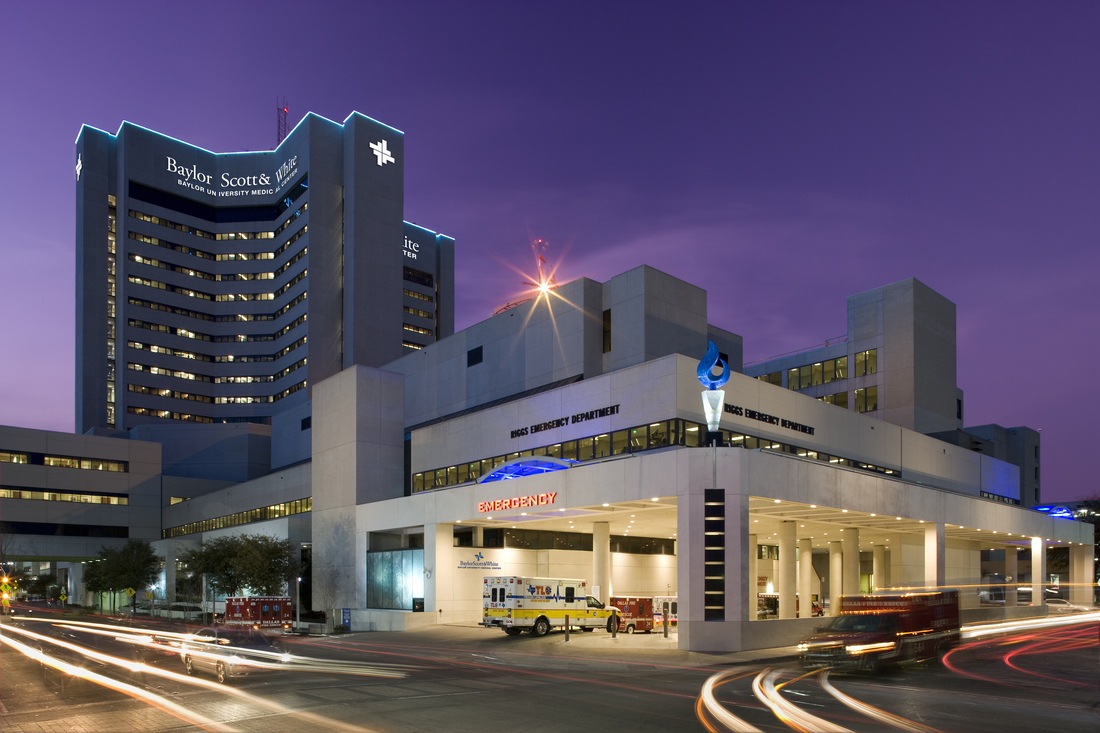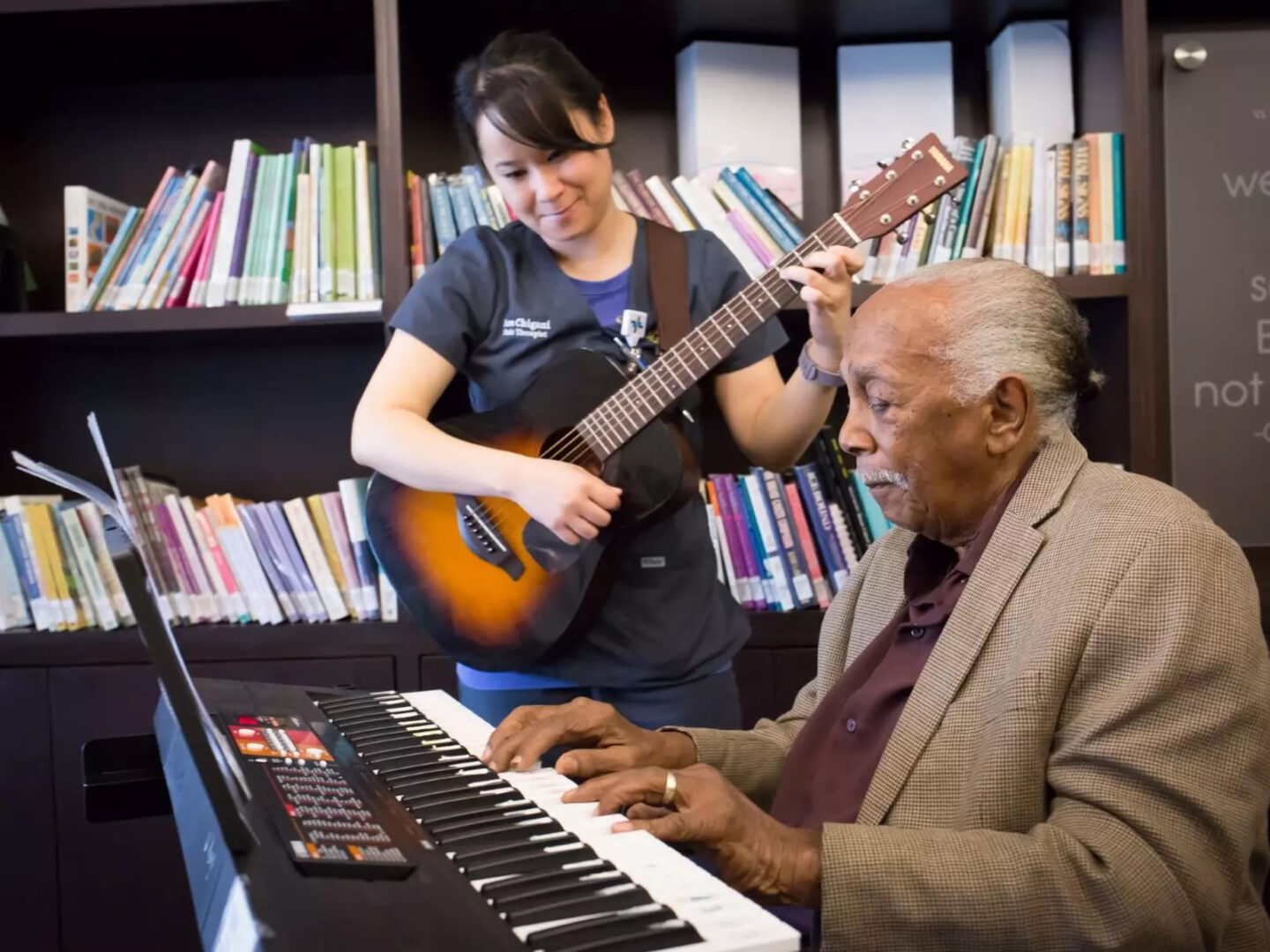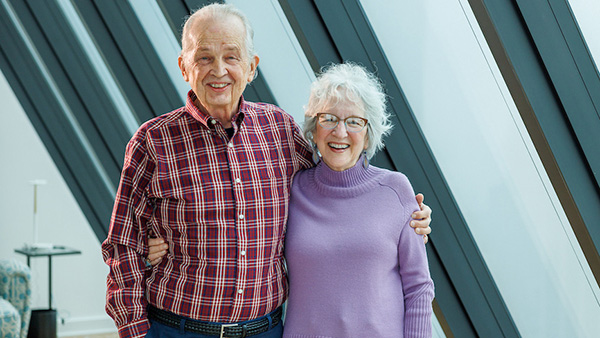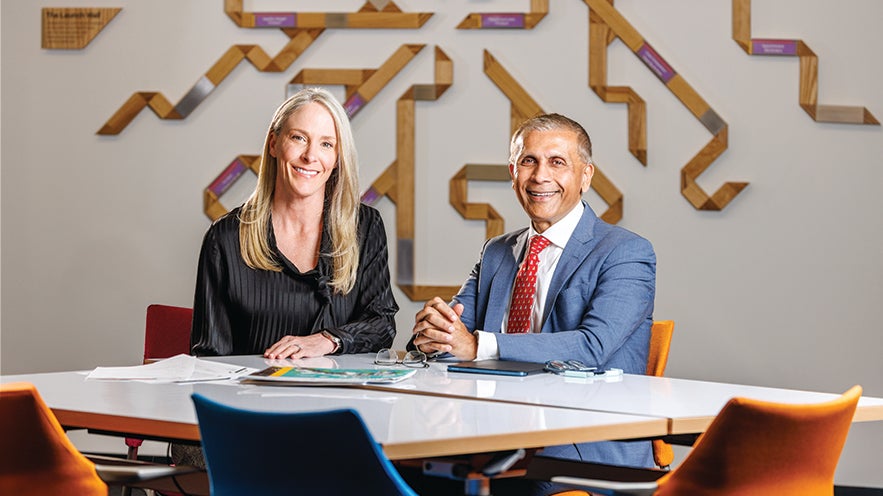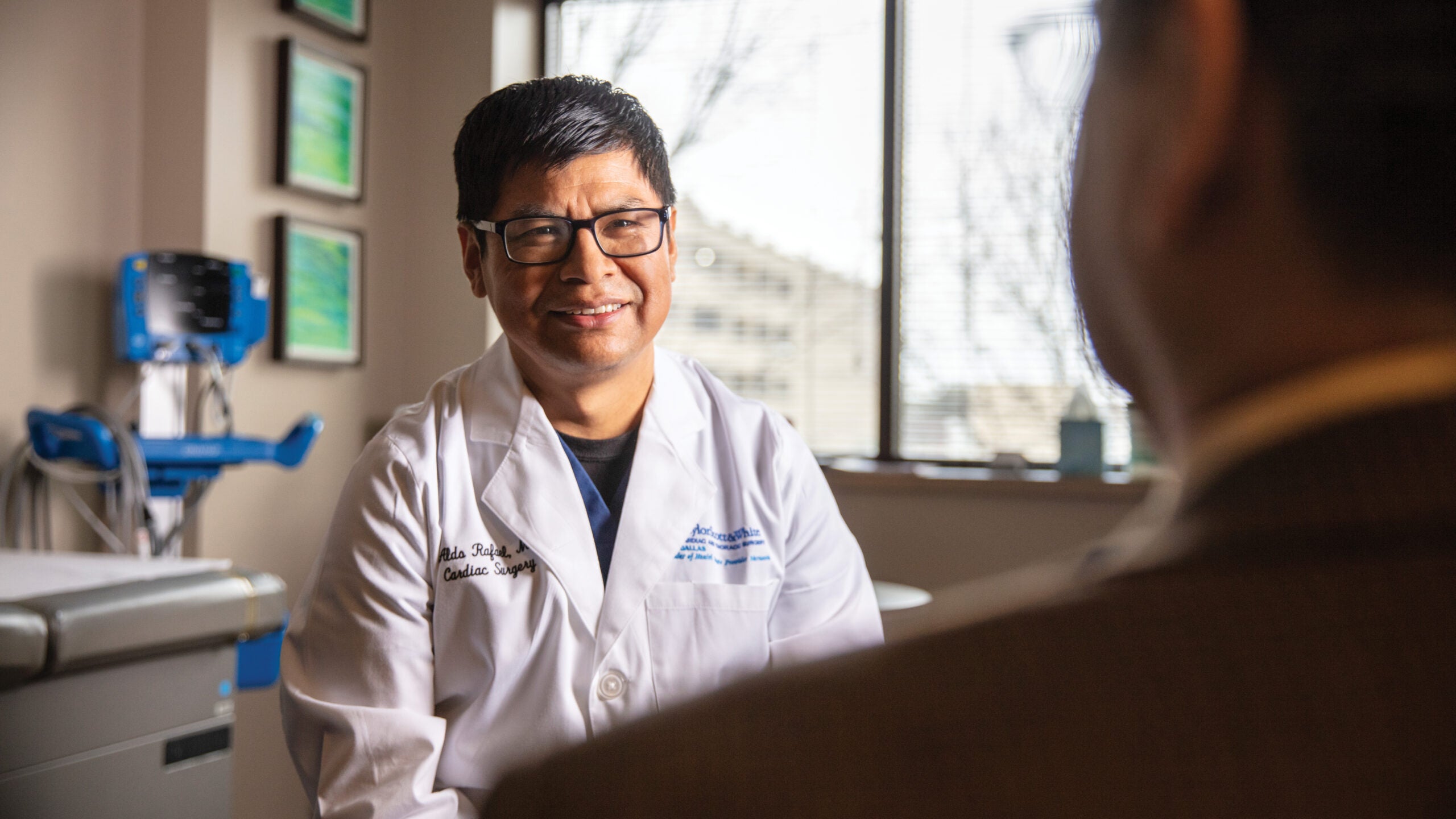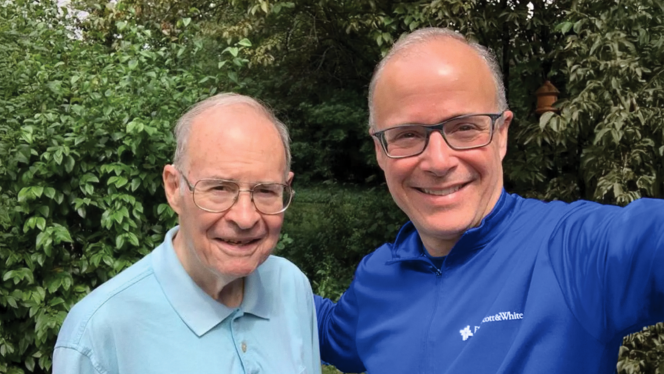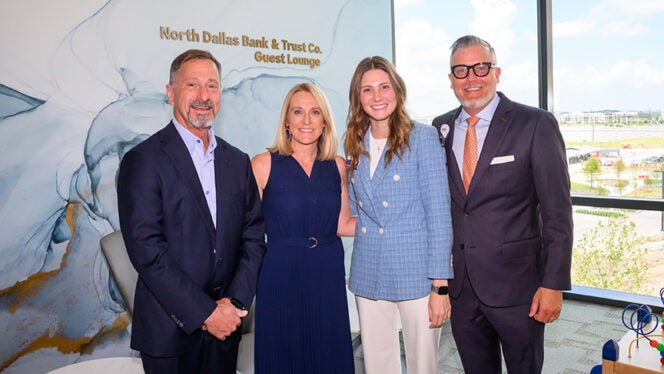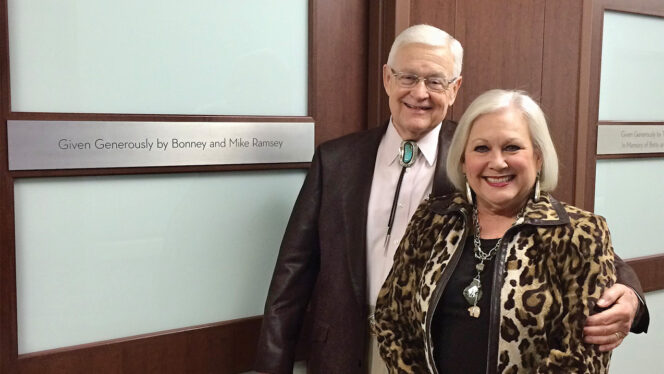Hispanic Heart Group Program launches at Baylor Scott & White Health
Effective communication is the basis of any good relationship, especially between a patient
and a physician. When barriers to communication exist, the social, cultural and linguistic needs of a patient are often not met.
To address the opportunity for a strengthened connection with the growing Latino population in North Texas, a new Hispanic Heart Group program within Baylor Scott & White Heart and Vascular Hospital was created to provide care with a special understanding of the Hispanic culture.
“Our goal is to meet the needs of the Spanish-speaking community with heart and vascular disease and give patients and their families quality care in cardiac surgery and preventive care in a very friendly environment,” explained Aldo Rafael, MD, advanced heart failure and transplant cardiothoracic surgeon on the medical staff and founder of the Hispanic Heart Group program at Baylor Scott & White Heart and Vascular Hospital. “In simple words, it’s to eliminate barriers.”
The program, believed to be the first of its kind in the state, couples advanced care with cultural understanding. Everyone in the program—from the person who schedules appointments to the nursing staff and physicians—speaks both English and Spanish and was raised in the Hispanic culture. The multidisciplinary team includes cardiothoracic surgeons, vascular surgeons and interventional cardiologists on the medical staff, and other experts in heart and vascular care. From minimally invasive surgeries to heart transplantation, the group is able to provide the full complement of care with a unique cultural perspective.
A new Hispanic Heart Group program within Baylor Scott & White Heart and Vascular Hospital was created to provide care with a special understanding of the Hispanic culture.
This firsthand experience of Latino culture for caregivers is key, notes Anthony Picchioni, PhD, program director of science in the department of surgical education at Baylor Scott & White Health and professor at Southern Methodist University, who teaches classes in diversity, inclusion and multiculturalism.
“We need to meet people at their map of the world. In other words, we are all a product of a family of origin, but also our culture of origin. We learn the scripts, the dos, the don’ts and the norms. It forms our worldview from a cultural perspective,” he said.
Understanding that many people in a traditional Latino culture approach life from a communal perspective instead of an individualistic one, allowances can be made to discuss care (with patients’ permission) with extended family, who may want to attend appointments, weigh in on care decisions or be an integral part of their loved one’s recovery after surgery.
The Hispanic culture is relationship-driven, where families serve as important emotional support systems, so it’s important to involve that community in the way in which the patient feels comfortable.
T
he program also aims to help those who may not have access to health insurance by providing financial resources. Dedicated fundraising will provide an opportunity for the community at large
to help those in the Hispanic community. “We are not Mexican, Cuban, Puerto Rican—we are all one Hispanic family in the United states. This program was created for us,” Dr. Rafael said.
No matter the culture of origin, Dr. Picchioni stresses that respect is key. “What’s important is that through listening, showing empathy and warmth, you’re showing your respect for that person,” he said. “We live in a global village and a cosmopolitan community and international city. Baylor Scott & White is a recognized quality provider. It’s part of our mandate to take care of people to be sensitive to cultural diversity and respect the way in which they need to be treated,” Dr. Picchioni said.
For more information on the Hispanic Heart Group program or other heart and vascular initiatives, contact Lynn Bohne at 214.820.4070 or Lynn.Bohne@BSWHealth.org.
